Naproxen Sodium (Naprosyn) 30 Tablets
$65.00
- Pain Relief: Naproxen sodium provides effective relief from pain, including muscle aches, headaches, dental pain, and menstrual cramps.
- Anti-inflammatory: It reduces inflammation by inhibiting the production of prostaglandins, which are chemicals involved in the body’s inflammatory response.
Description
Naproxen sodium, commonly sold under the brand name Naprosyn, is a nonsteroidal anti-inflammatory drug (NSAID) used primarily to relieve pain, inflammation, and stiffness caused by various conditions such as arthritis, menstrual cramps, and minor injuries.
Key Features:
- Pain Relief: Naproxen sodium provides effective relief from pain, including muscle aches, headaches, dental pain, and menstrual cramps.
- Anti-inflammatory: It reduces inflammation by inhibiting the production of prostaglandins, which are chemicals involved in the body’s inflammatory response.
- Fever Reduction: Naproxen sodium also helps in reducing fever by acting on the part of the brain that regulates body temperature.
Usage Instructions:
- Dosage: The typical dosage for adults is 220 mg to 550 mg every 12 hours, depending on the severity of the condition being treated. The maximum daily dose should not exceed 1100 mg.
- Administration: Swallow the tablets whole with a full glass of water. Do not crush, chew, or break the tablets, as this may increase the risk of stomach irritation.
- Timing: It is best to take Naproxen sodium with food or milk to reduce the risk of stomach upset. Take it at the same times each day for consistent pain relief.
- Duration of Use: Use Naproxen sodium for the shortest duration necessary to relieve symptoms. Prolonged use may increase the risk of adverse effects.
Precautions:
- Stomach Ulcers and Bleeding: Naproxen sodium may increase the risk of stomach ulcers, bleeding, and perforation, particularly in older adults. Inform your doctor if you have a history of stomach ulcers or gastrointestinal bleeding.
- Cardiovascular Risk: Long-term use of NSAIDs like Naproxen sodium may increase the risk of heart attack or stroke, especially in individuals with pre-existing cardiovascular conditions. Use caution and consult your doctor if you have heart disease or high blood pressure.
- Kidney Function: Naproxen sodium can impair kidney function, especially in individuals with pre-existing kidney disease. Use with caution and monitor kidney function regularly.
- Allergic Reactions: Seek medical attention immediately if you experience signs of an allergic reaction, such as rash, itching, swelling, severe dizziness, or trouble breathing, after taking Naproxen sodium.
Side Effects: Common side effects of Naproxen sodium may include:
- Stomach Upset: Mild stomach discomfort, nausea, or indigestion may occur, especially when taken on an empty stomach.
- Headache: Some individuals may experience headaches as a side effect of Naproxen sodium.
- Dizziness: Naproxen sodium can cause dizziness or drowsiness, particularly at higher doses or in sensitive individuals.
- Fluid Retention: Edema (fluid retention) may occur, leading to swelling in the legs, ankles, or hands.
Less common but potentially serious side effects may include:
- Gastrointestinal Bleeding: Notify your doctor immediately if you experience signs of gastrointestinal bleeding, such as black, tarry stools or vomiting blood.
- Liver Damage: Rarely, Naproxen sodium may cause liver damage, indicated by symptoms such as yellowing of the skin or eyes (jaundice) and dark urine.
- Cardiovascular Events: Serious cardiovascular events, including heart attack and stroke, are possible, especially with long-term use or at high doses.
It’s crucial to use Naproxen sodium as directed by your healthcare provider and to report any concerning symptoms promptly. Do not exceed the recommended dosage or duration of use without medical supervision, as this may increase the risk of adverse effects.
Additional information
| Strength |
|---|
Only logged in customers who have purchased this product may leave a review.

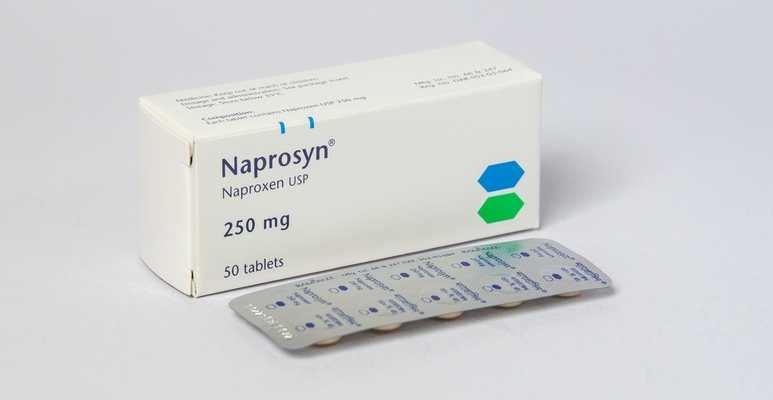
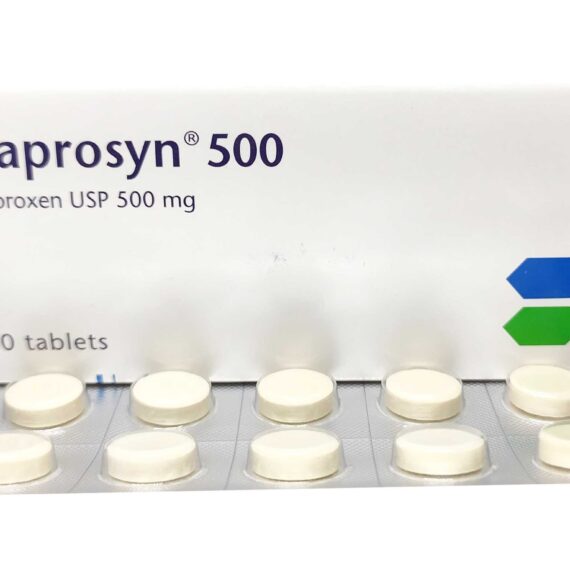
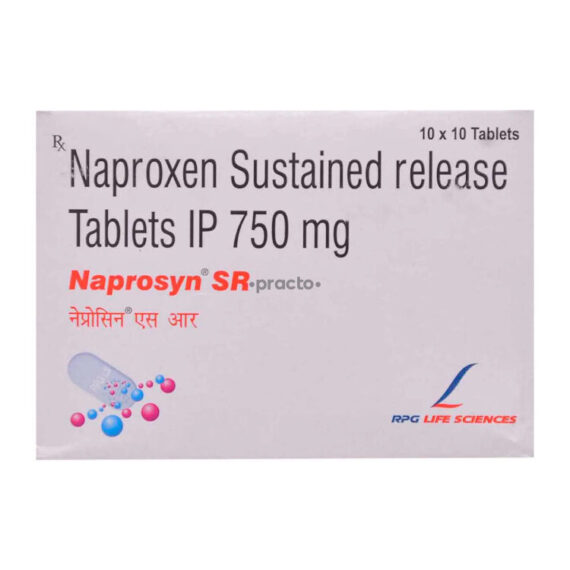
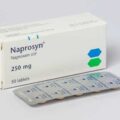
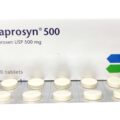
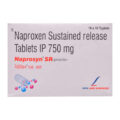





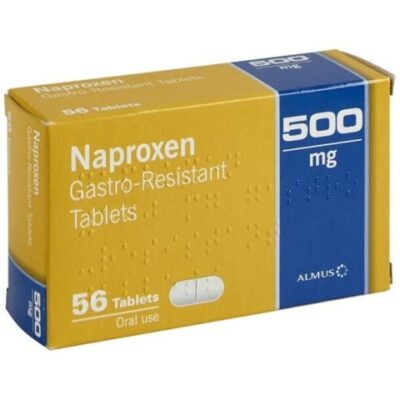

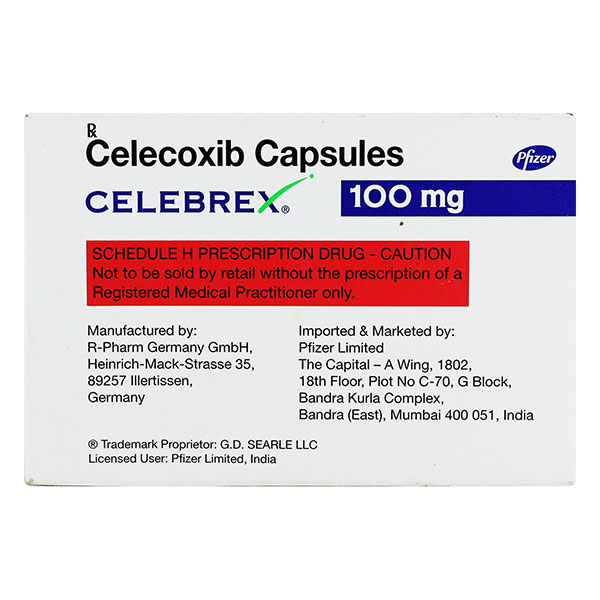

Reviews
There are no reviews yet.